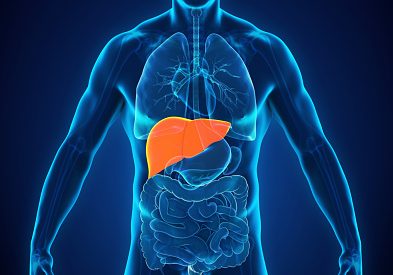
The Liver Meeting
Hepatorenal syndrome (HRS) is a type of functional acute kidney injury (AKI) resulting from portal hypertension leading to decreased effective circulating arterial volume and renal vasoconstriction. The European Association of the Study of Liver Diseases recommends the use of terlipressin as a first-line vasopressor to treat patients with HRS-AKI.
Kevin Moore, PhD, MBBS, FRCO, BSc, and colleagues recently performed a post hoc analysis of a retrospective chart review study that was conducted in 26 hospitals in the United Kingdom. The study included 250 adult patients hospitalized with a diagnosis of HRS-AKI between January 1, 2013, and December 31, 2017. Results of the analysis were reported during a virtual poster session at The Liver Meeting, the annual meeting of the American Association for the Study of Liver Diseases in a poster titled Predictors of Response to Terlipressin in Patients with Hepatorenal Syndrome-Acute Kidney Injury (HRS-AKI): A Multicenter Study.
Outcomes of interest were clinical response at end of treatment. Complete response was defined as serum creatinine ≤1.5 mg/dL; partial response was defined as a reduction in serum creatinine of ≥20% but serum creatinine level >1.5 mg/dL. Mortality was also an outcome of interest.
In the subset of patients who received terlipressin (n=203), backwards-selected logistic regression and Cox proportional hazards models were used to evaluate predictors of response (complete and partial) and mortality, respectively. Evaluated predictors were age, severity of AKI at baseline (mild, serum creatinine <2.25 mg/dL; moderate, serum creatinine ≥2.25 mg/dL and <3.5 mg/dL; and severe, serum creatinine ≥3.5 mg/dL), presence of a precipitating event, concomitant use of albumin, presence of encephalopathy, and infection during the HRS-AKI hospitalization.
Mean age of the 203 terlipressin patients was 53.9 years. The patients were evenly distributed by baseline AKI severity (mild, 33%; moderate, 36%; severe, 31%). Eighty-four percent of the cohort had more than one precipitating event, 33% had comorbid encephalopathy, and 49% had infection during the HRS-AKI hospitalization. Concomitant albumin was administered to 72% of patients.
The overall response rate was 73% (mild AKI, response rate 79%; moderate AKI, response rate 78%; and severe AKI, response rate 60%). In the logistic regression model, absence of a precipitating event (odds ratio [OR], 0.288; 95% confidence interval [CI], 0.10-0.87; P=.027), concomitant use of albumin (OR, 2.717; 95% CI, 1.29-5.70; P=.008), and mild baseline AKI (OR, 2.481 [ref, severe]; 95% CI, 1.11-5.44; P=.026) or moderate baseline AKI (OR, 2.288; 95% CI, 1.06-4.95; P=.036) were identified as significant predictors of overall response. The only significant predictor of mortality was the presence of encephalopathy (hazard ratio, 2.77; 95% CI, 1.56-4.92).
In conclusion, the researchers said, “The results of this study highlight the importance of albumin use and timely treatment with terlipressin when serum creatinine is mildly or moderately elevated in patients with HRS-AKI to optimize patient outcomes.”
Source: Moore K, Jamil K, Verleger K, et al. Predictors of response to terlipressin in patients with hepatorenal syndrome-acute kidney injury (HRS-AKI): A multicenter study. Abstract of a virtual poster at The Liver Meeting, the annual meeting of the American Association for the Study of Liver Diseases (Poster 1831), November 13-16, 2020. This poster was supported by Mallinckrodt Pharmaceuticals.

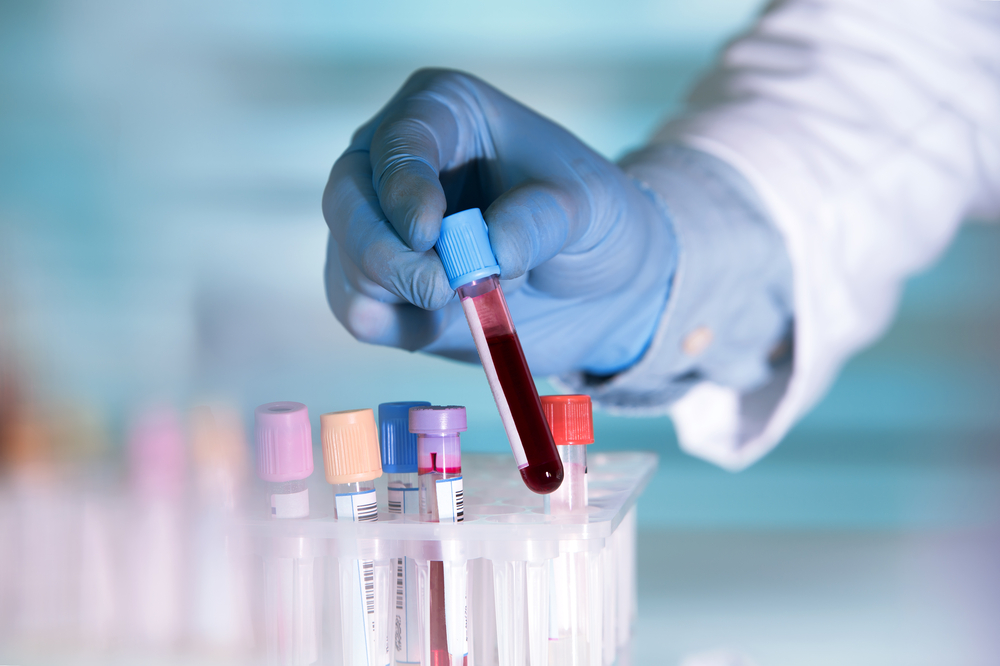
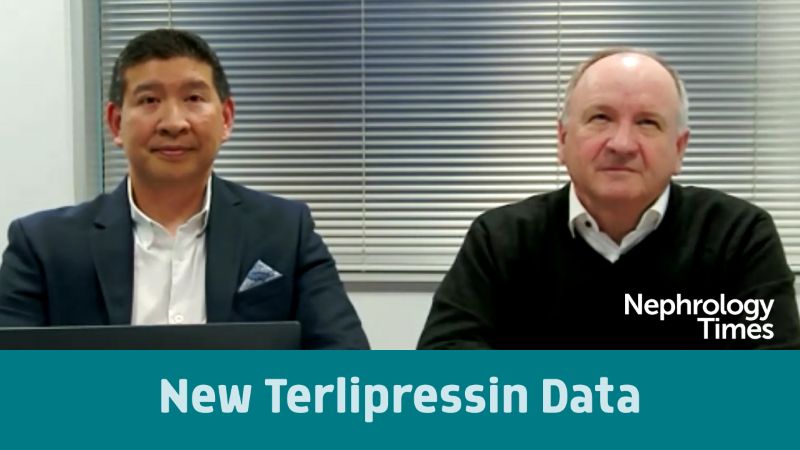
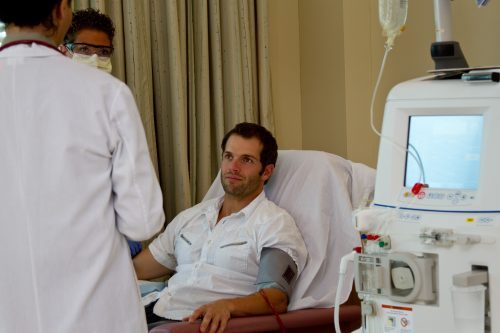

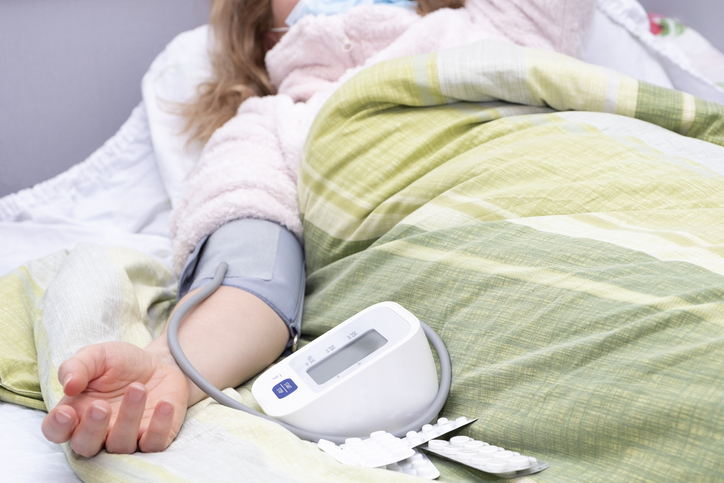

 © 2025 Mashup Media, LLC, a Formedics Property. All Rights Reserved.
© 2025 Mashup Media, LLC, a Formedics Property. All Rights Reserved.